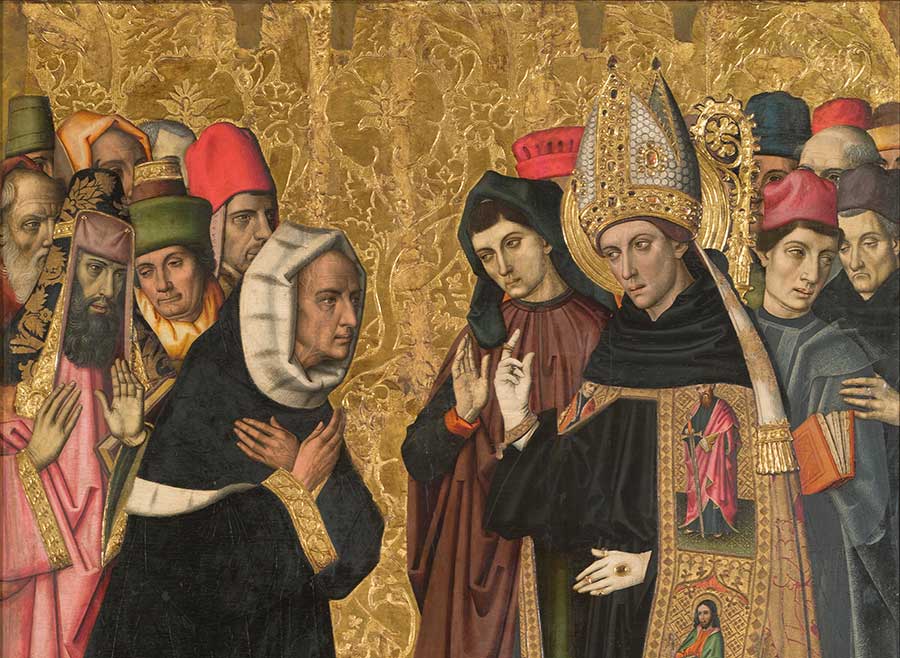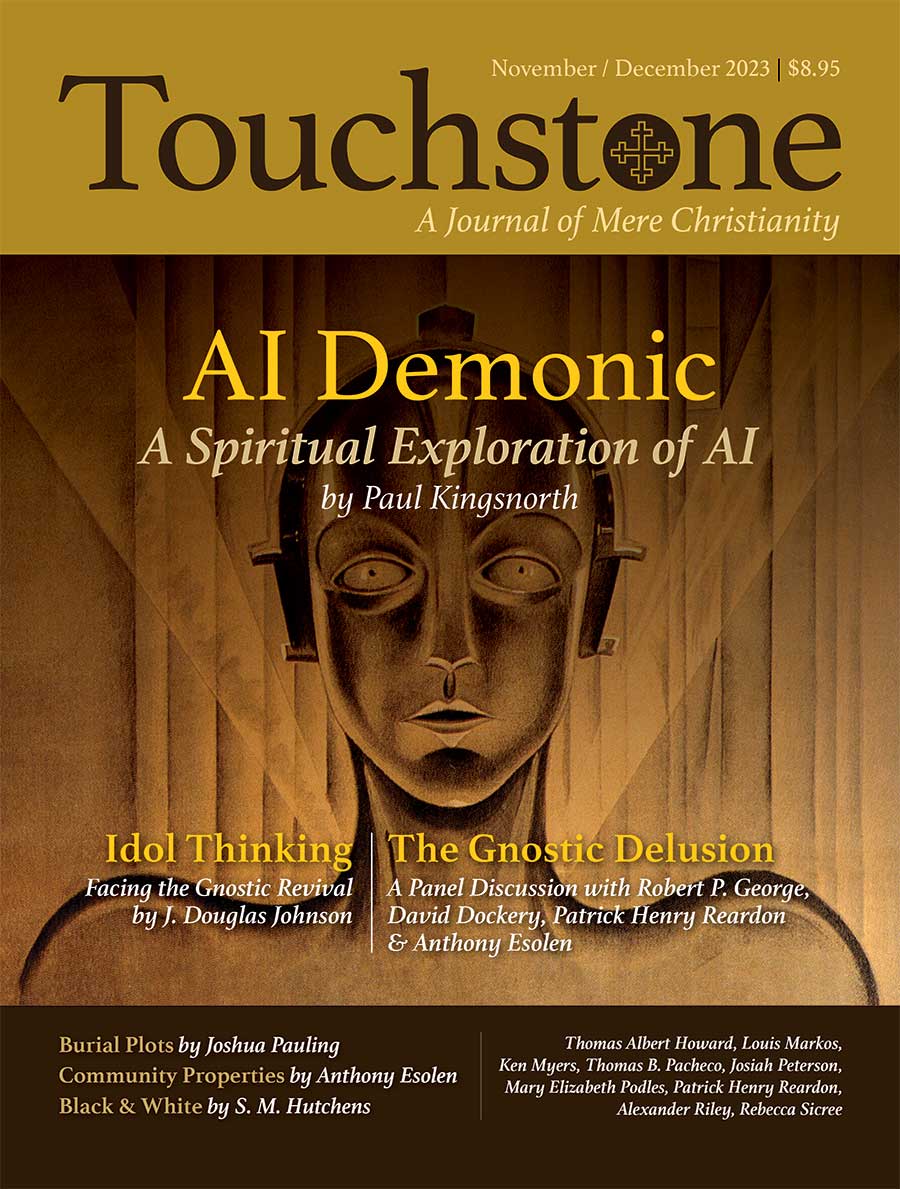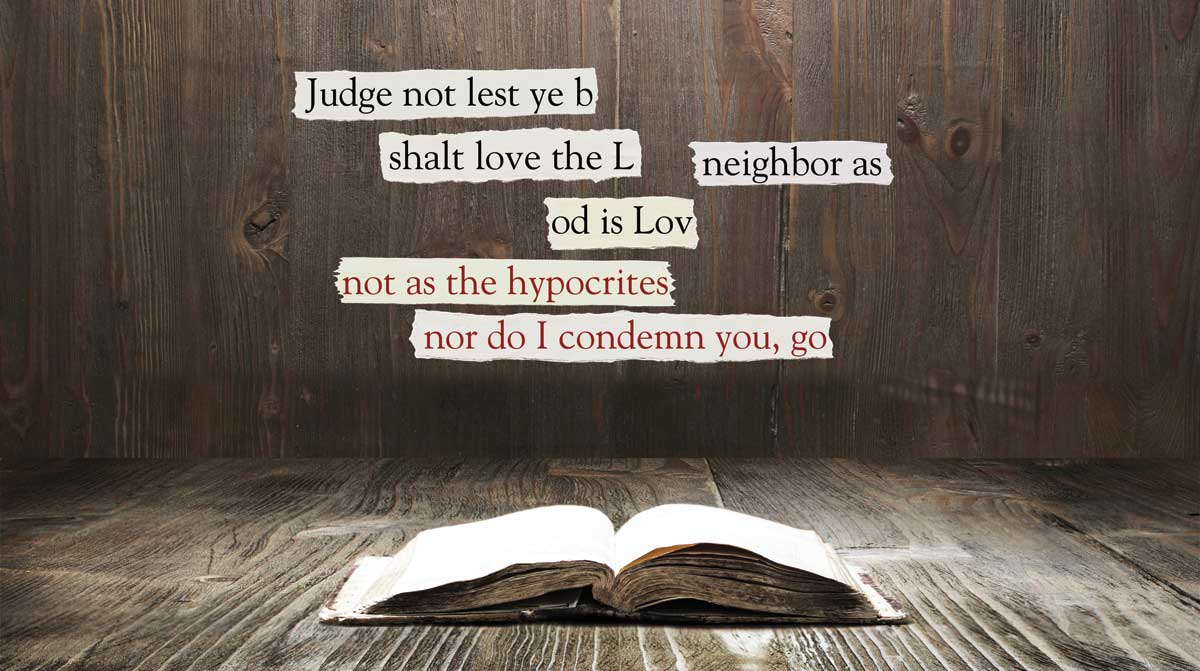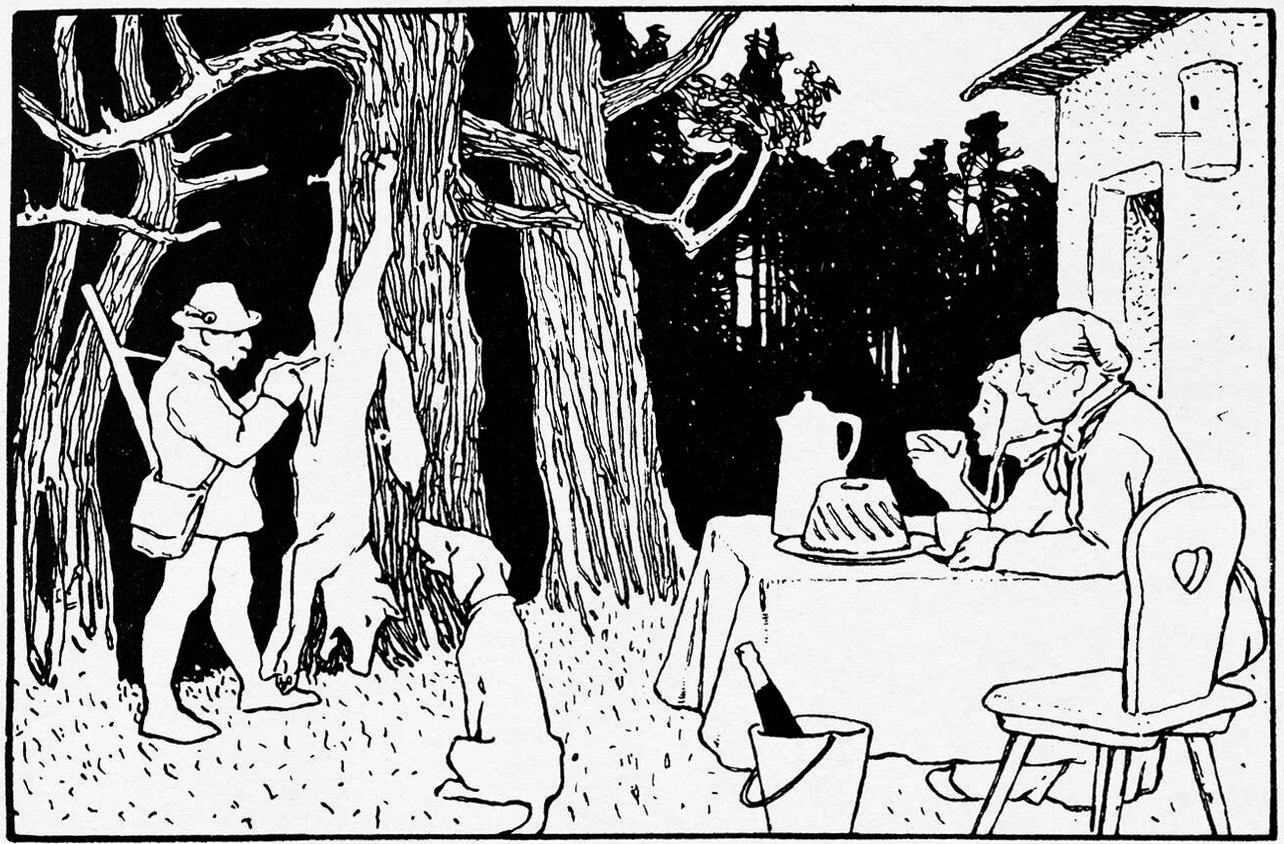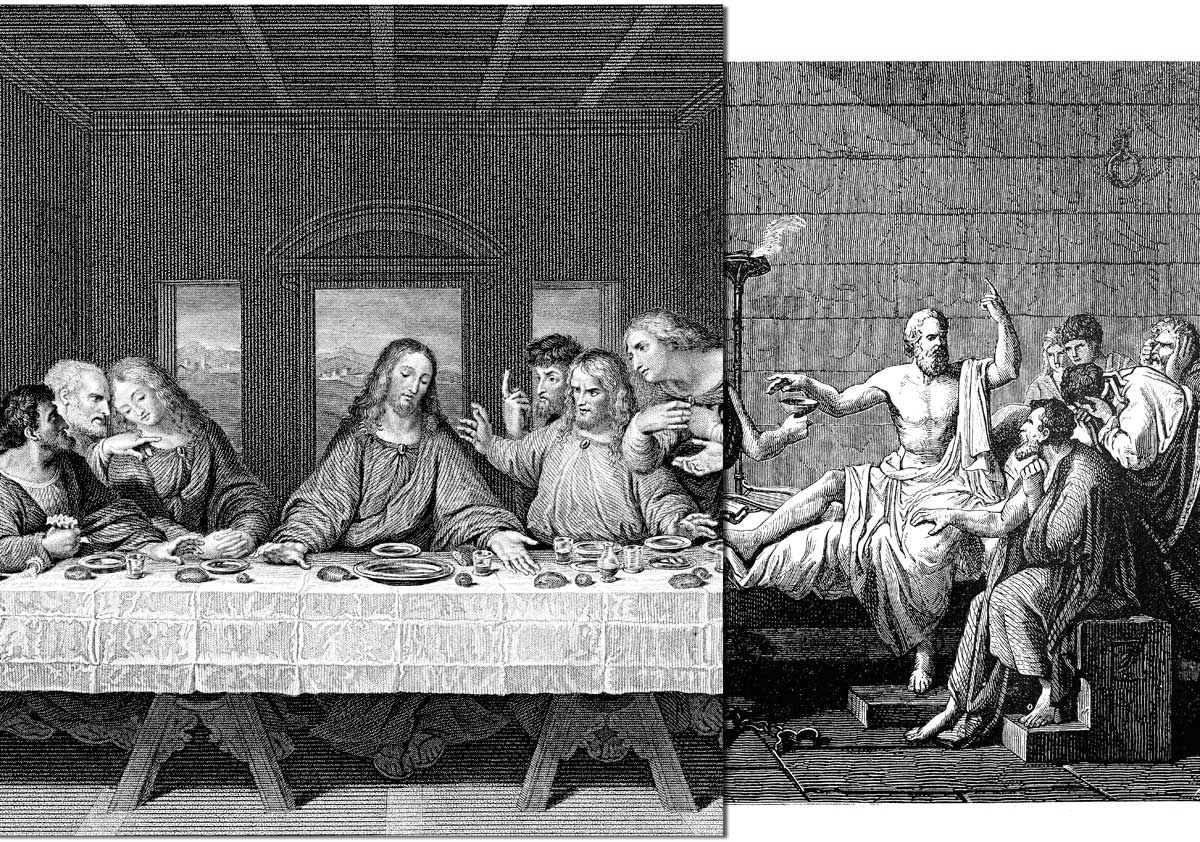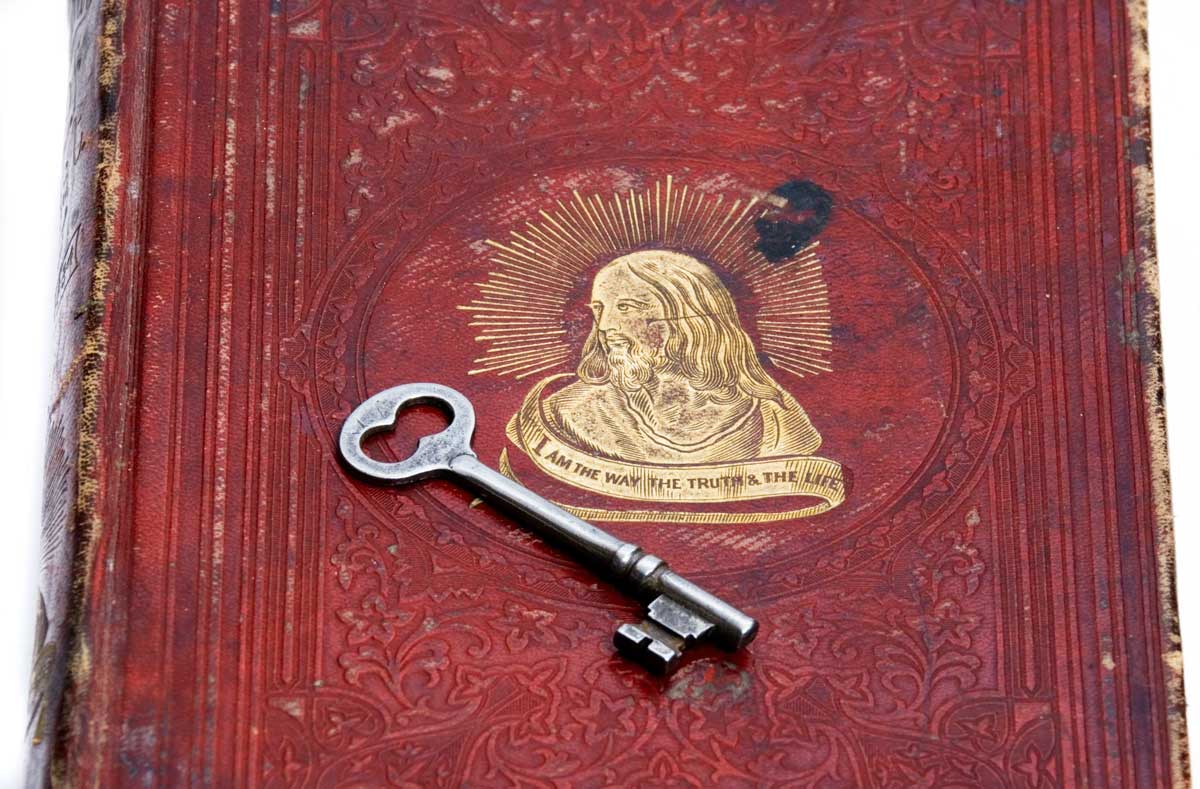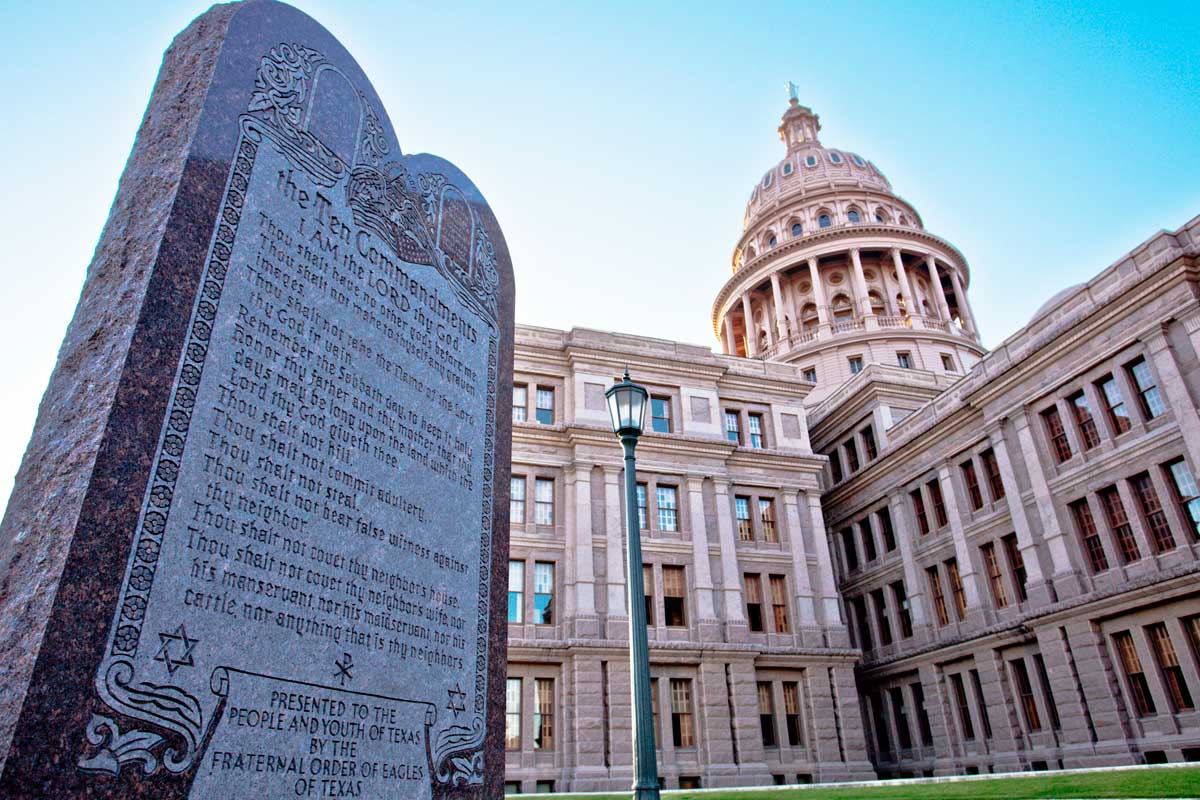Community Properties
Modern Post-Conversion Identity in the Light of Augustine’s Example
I have come to bristle at the word “community,” so often is it used in our time to describe and to justify any group of people, living in the same area or not, who are united by an ethnicity, a debility, or a common behavior, and whom the Church is supposed to approach ducking and scraping. This business of communities warrants some attention.
When Augustine finally gave his life up to Christ, it was to allow the Lord to sever the bonds that bound him to the corrupt courses of his past. It did not just mean that he would no longer seek the pleasures of the bedchamber. It meant that he would enter one community, the Church, a true community though populated by the common run of human sinners, such as we are, and leave several pseudo-communities or anti-communities he had once belonged to, regardless of the degrees and kinds of human goods he might find there.
THIS ARTICLE ONLY AVAILABLE TO SUBSCRIBERS.
FOR QUICK ACCESS:
Anthony Esolen is Distinguished Professor of Humanities at Thales College and the author of over 30 books, including Real Music: A Guide to the Timeless Hymns of the Church (Tan, with a CD), Out of the Ashes: Rebuilding American Culture (Regnery), and The Hundredfold: Songs for the Lord (Ignatius). He has also translated Dante’s Divine Comedy (Random House) and, with his wife Debra, publishes the web magazine Word and Song (anthonyesolen.substack.com). He is a senior editor of Touchstone.
subscription options
Order
Print/Online Subscription

Get six issues (one year) of Touchstone PLUS full online access including pdf downloads for only $39.95. That's only $3.34 per month!
Order
Online Only
Subscription

Get a one-year full-access subscription to the Touchstone online archives for only $19.95. That's only $1.66 per month!
bulk subscriptions
Order Touchstone subscriptions in bulk and save $10 per sub! Each subscription includes 6 issues of Touchstone plus full online access to touchstonemag.com—including archives, videos, and pdf downloads of recent issues for only $29.95 each! Great for churches or study groups.
Transactions will be processed on a secure server.
more on Culture from the online archives
more from the online archives
calling all readers
Please Donate
"There are magazines worth reading but few worth saving . . . Touchstone is just such a magazine."
—Alice von Hildebrand
"Here we do not concede one square millimeter of territory to falsehood, folly, contemporary sentimentality, or fashion. We speak the truth, and let God be our judge. . . . Touchstone is the one committedly Christian conservative journal."
—Anthony Esolen, Touchstone senior editor






